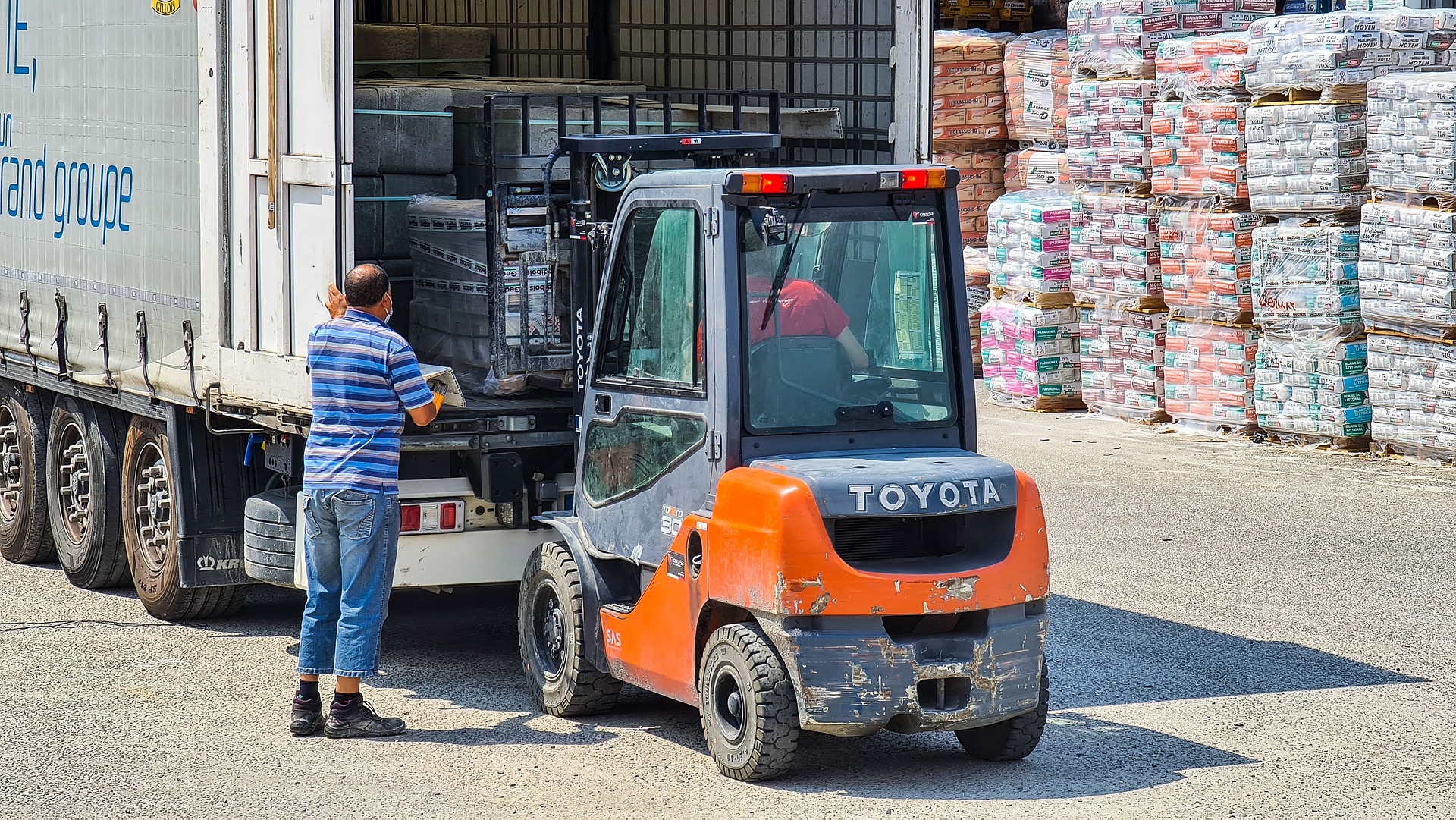Forklift Operator: A Path to a High-Paying and Stable Job
Are you looking for a career that is in high demand, pays well, and offers many opportunities for advancement? Becoming a forklift operator may be your best choice. With short training time, reasonable wages, and stable work, it is a viable career option. Here is everything you need to know about the position and how to get started.

Forklift Careers: Unlocking Opportunities in Material Handling
Forklift operation is a crucial role in many industries, offering stability, growth potential, and a unique set of skills. If you’re seeking a career that combines physical dexterity with technical knowledge, forklift operation might be your perfect fit. This article explores the world of forklift jobs, highlighting why this profession could be an excellent choice for your future.
What Does a Forklift Operator Do?
Forklift operators are the unsung heroes of warehouses, construction sites, and manufacturing facilities. Their primary responsibility is to move, stack, and transport materials using specialized equipment. These skilled professionals navigate tight spaces, ensure proper load distribution, and maintain a safe working environment. Beyond operating the forklift itself, operators often perform equipment inspections, maintain accurate inventory records, and collaborate with team members to optimize workflow efficiency.
The Appeal of Forklift Operation as a Career
Choosing a career as a forklift operator offers numerous advantages. Firstly, the job market for skilled operators remains strong, with consistent demand across various industries. This stability provides peace of mind in an ever-changing economic landscape. Additionally, forklift operation requires a unique blend of physical and mental skills, making each day on the job both challenging and rewarding. The sense of accomplishment that comes from efficiently managing complex loads and contributing to a smooth-running operation is unparalleled.
How to Become a Forklift Operator
Embarking on a career as a forklift operator is relatively straightforward. Most employers require a high school diploma or equivalent, though some may accept candidates with relevant work experience. The key to success lies in obtaining proper certification. OSHA-approved training programs are widely available and typically combine classroom instruction with hands-on practice. These courses cover safety protocols, equipment operation, and maintenance procedures. Many employers offer on-the-job training, allowing you to gain practical experience while earning a paycheck.
Career Growth and Specialization
One of the most appealing aspects of forklift operation is the potential for career advancement. As you gain experience and demonstrate reliability, opportunities for growth abound. Many operators progress to supervisory roles, overseeing teams and managing larger operations. Others specialize in handling specific types of materials or operating advanced equipment, such as reach trucks or order pickers. Some even transition into roles in logistics management or safety coordination, leveraging their hands-on experience to drive efficiency and maintain workplace safety standards.
The Day-to-Day Life of a Forklift Operator
Forklift operators typically work in dynamic environments that require attention to detail and adaptability. A typical day might involve loading and unloading trucks, organizing warehouse inventory, and collaborating with colleagues to meet production goals. Safety is paramount, with operators constantly assessing their surroundings and adhering to strict protocols. The work can be physically demanding but also rewarding, as operators play a vital role in keeping businesses running smoothly. Many find satisfaction in the tangible results of their efforts and the camaraderie that develops among team members.
Success Stories: Real-Life Forklift Operators
Many individuals have found fulfilling careers in forklift operation. Take Sarah, for example, who started as an entry-level operator and now manages a team of 20 at a major distribution center. Or consider Mike, who leveraged his forklift experience to start his own logistics consulting firm, helping companies optimize their material handling processes. These success stories highlight the diverse paths available to those who excel in this field. The key to their success? A commitment to safety, continuous learning, and a strong work ethic.
Forklift Certification Programs: Comparing Options
For those interested in pursuing a career in forklift operation, obtaining proper certification is crucial. Several reputable organizations offer training programs tailored to different needs and experience levels. Here’s a comparison of some popular certification options:
| Program | Provider | Cost Estimation |
|---|---|---|
| OSHA Compliant Forklift Certification | ForkliftCertification.com | $39.95 |
| Forklift Operator Safety Training | National Safety Council | $99 - $179 |
| Powered Industrial Truck Operator | American Safety Council | $59.95 |
| Forklift Operator Training | 360training.com | $29.95 |
Please note that these costs are estimates and may vary based on location, course duration, and specific program features. It’s advisable to conduct independent research and contact providers directly for the most up-to-date pricing and course details.
Forklift operation offers a unique blend of stability, skill development, and career growth potential. Whether you’re just starting your professional journey or looking for a change, this field presents an opportunity to play a vital role in the global supply chain. With the right training and a commitment to excellence, you can build a rewarding career that combines physical prowess with technical expertise. As industries continue to evolve, the demand for skilled forklift operators remains strong, making it an excellent time to consider this dynamic profession.
The shared information of this generated article is up-to-date as of the publishing date. For more up-to-date information, please conduct own research.




